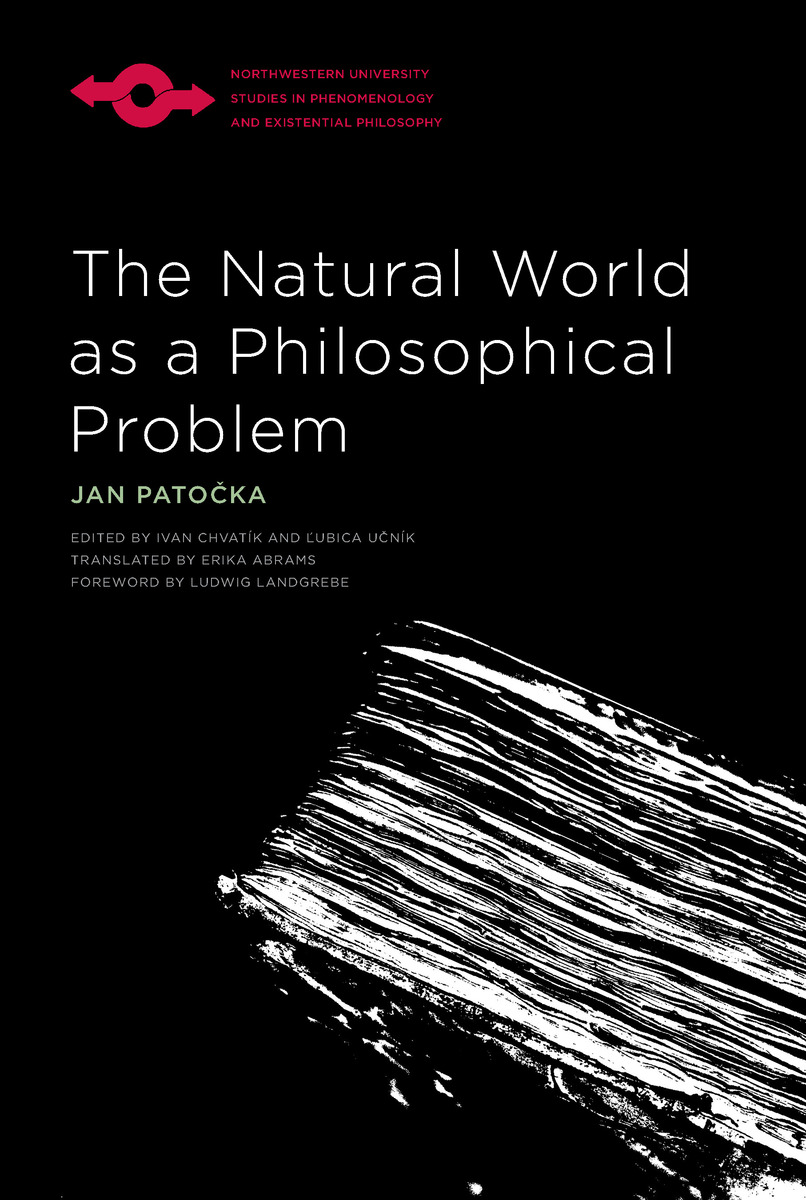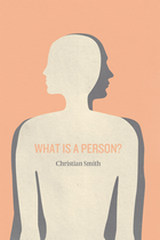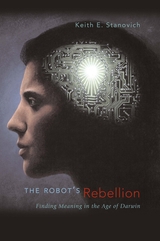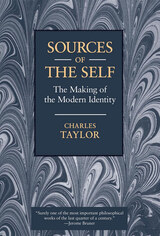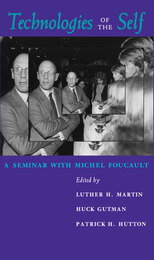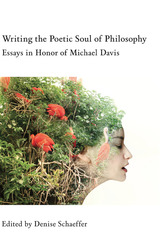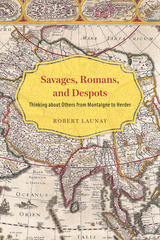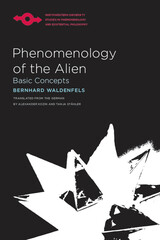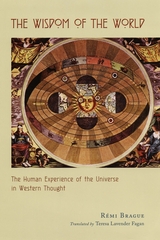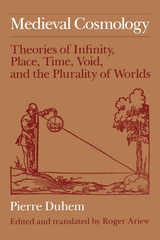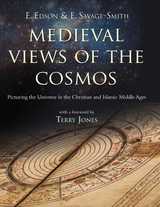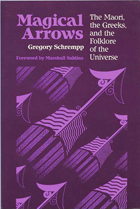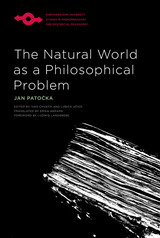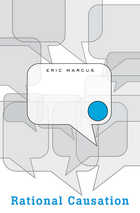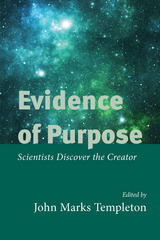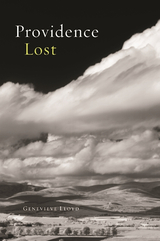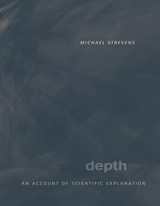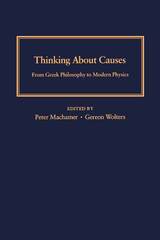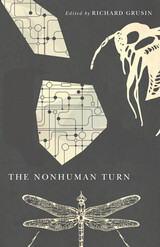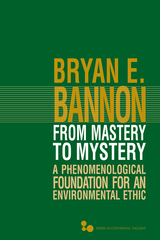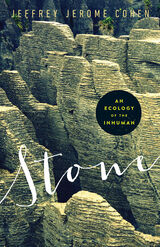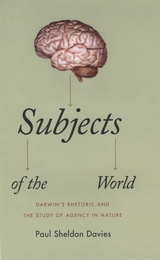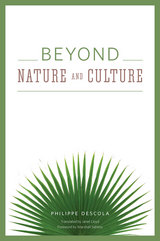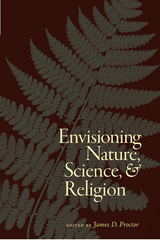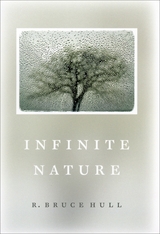The Natural World as a Philosophical Problem
Northwestern University Press, 2016
Cloth: 978-0-8101-3362-4 | eISBN: 978-0-8101-3363-1 | Paper: 978-0-8101-3361-7
Library of Congress Classification BD516.P3713 2016
Dewey Decimal Classification 113
Cloth: 978-0-8101-3362-4 | eISBN: 978-0-8101-3363-1 | Paper: 978-0-8101-3361-7
Library of Congress Classification BD516.P3713 2016
Dewey Decimal Classification 113
ABOUT THIS BOOK | AUTHOR BIOGRAPHY | REVIEWS | TOC | REQUEST ACCESSIBLE FILE
ABOUT THIS BOOK
The first text to critically discuss Edmund Husserl’s concept of the "life-world," The Natural World as a Philosophical Problem reflects Jan Patocka's youthful conversations with the founder of phenomenology and two of his closest disciples, Eugen Fink and Ludwig Landgrebe. Now available in English for the first time, this translation includes an introduction by Landgrebe and two self-critical afterwords added by Patocka in the 1970s. Unique in its extremely broad range of references, the work addresses the views of Russell, Wittgenstein, and Carnap alongside Husserl and Heidegger, in a spirit that considerably broadens the understanding of phenomenology in relation to other twentieth-century trends in philosophy. Even eighty years after first appearing, it is of great value as a general introduction to philosophy, and it is essential reading for students of the history of phenomenology as well as for those desiring a full understanding of Patocka’s contribution to contemporary thought.
See other books on: Cosmology | Existentialism | Human beings | Language and languages | Subjectivity
See other titles from Northwestern University Press
